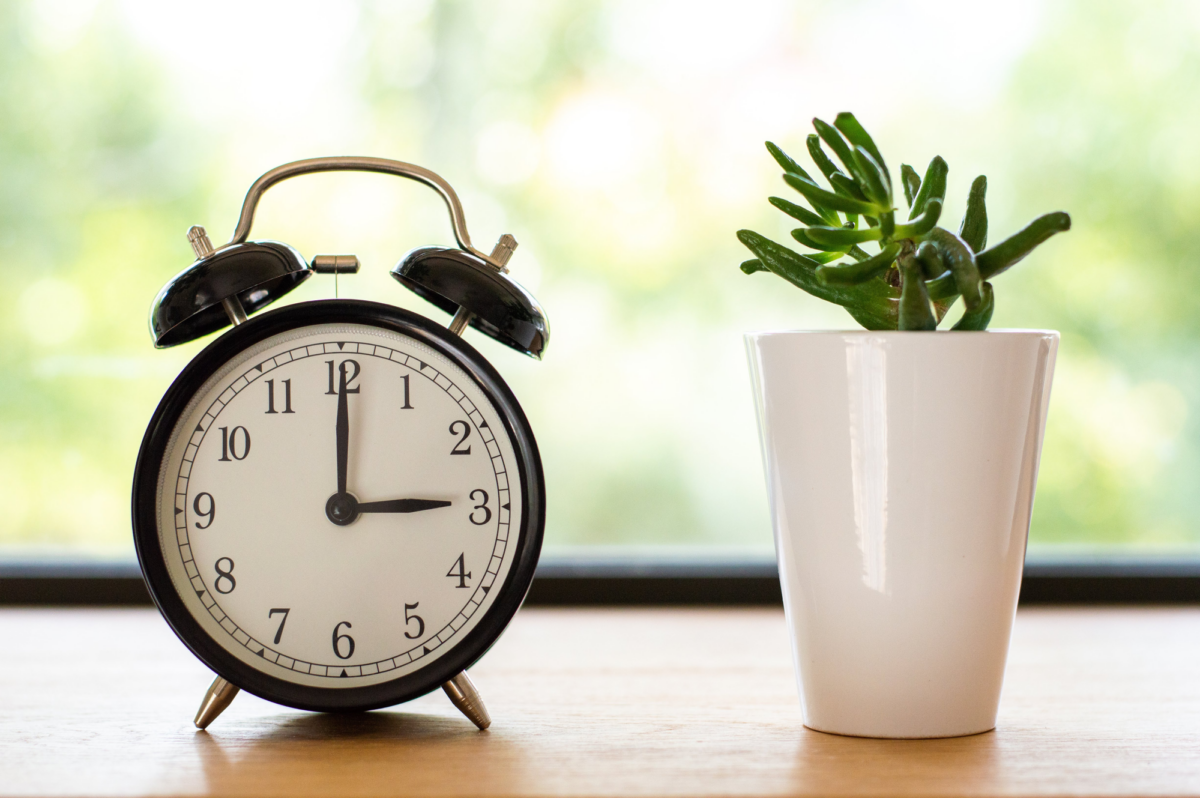
“Three Weeks of Groundhog Day” is a term I’ve been hearing a lot regarding the current period of self-isolation and lockdown. For those unfamiliar with the term “Groundhog Day”, it is a reference to the 1993 film of the same name, in which the protagonist must relive the same day, every day. For many, this time of self-isolation can feel incredibly shapeless, with a day in this period feeling almost identical to any other day in lockdown. Whilst to a degree, this feeling may be inevitable, there are some ways in which we can mitigate its effect, and ensure that we care for our mental health during this difficult time.
The first step to combating the “Groundhog Day” effect is to maintain our usual routines. In addition to enabling us to differentiate our days and place “bookmarks” in the passage of time, routines have also been found to be incredibly helpful in aiding your mental health. An article in Psychology Today (2018) places emphasis on the importance of routines for mental health, as organising our routines and adhering strictly to them, allows us to make expectations about the upcoming day, and as such, we find it easier to combat those negative thoughts and emotions that may be damaging to our mental health. Additionally, positive and well-constructed routines can enable us to avoid situations in which we may be prone to lethargy and boredom, therefore allowing us to be more productive, and feel that we have achieved something in our day, even if it is just the completion of our routine.
Perhaps one of the most important routines that we as humans conduct is our morning routine. Numerous studies and sources have cited the morning routine as the “jump start” to your day, a ritual that can make or break how that day goes. The National Alliance on Mental Illness (2017) states that there are several key changes to a morning routine that can aid in your mood for the day, and help you feel more proactive. First and foremost, is the importance of easing into the day, getting out of bed slowly, opening curtains or blinds to let the light in, and possibly doing some light stretches to increase blood flow, as well as washing to feel clean and wake you up that little bit more. The next step is to feed yourself, preferably with something healthy, but most importantly, ensure that your body gets plenty of water to re-hydrate after a night’s sleep. Finally, stimulating both your mind and body will allow you to feel ready for the day, and get your body and mind prepared for the day ahead. For mental stimulation, reading is recommended, as it acts as a kind of mental break, allowing the mind to focus on one thing whilst still remaining active. In regards to physical stimulation, light exercise is recommended, as this will increase blood flow across the body, kick start metabolic processes, and causes your body to release the neurotransmitter Serotonin, which improves mood and further stimulates your body.
Although routines are perhaps most applicable during the waking hours, a high degree of emphasis should also be placed on our routine of sleep, not just on how long we sleep for, but also on what time we go to sleep and what time we wake up. Whilst most of us will have heard of an “internal body clock”, few of us realise the importance of this, and how this impacts our health, both mental and physical. The body’s “internal clock” is also known as a Circadian Rhythm, and the importance of keeping it regular and organised cannot be understated. This rhythm not only affects many of our body’s internal processes but also has a large effect on our mental health. The NHS (2018) has stated that a disrupted Circadian Rhythm, caused by irregular sleep patterns such as going to sleep or waking up at different times than usual on a regular basis, can negatively impact our mental health. A disrupted rhythm has also been shown to cause a poorer sense of mental well-being, and may even trigger mood disorders such as anxiety and depression. As such, it is imperative to our mental health, especially during this time when some of us may not feel it is “worth it” to get up, that we maintain a proper sleep routine. We must ensure that we go to sleep at the same time every night, wake up at the same time every morning, and make sure we get between 7-8 hours of sleep every night to maintain our sleeping routine.
If you are in need of extra mental health support, please find the contact details for mental health helplines below:
Samaritans: 116 123
Anxiety UK: 03444 775 774
MIND: 0300 123 3393
References, click below:



